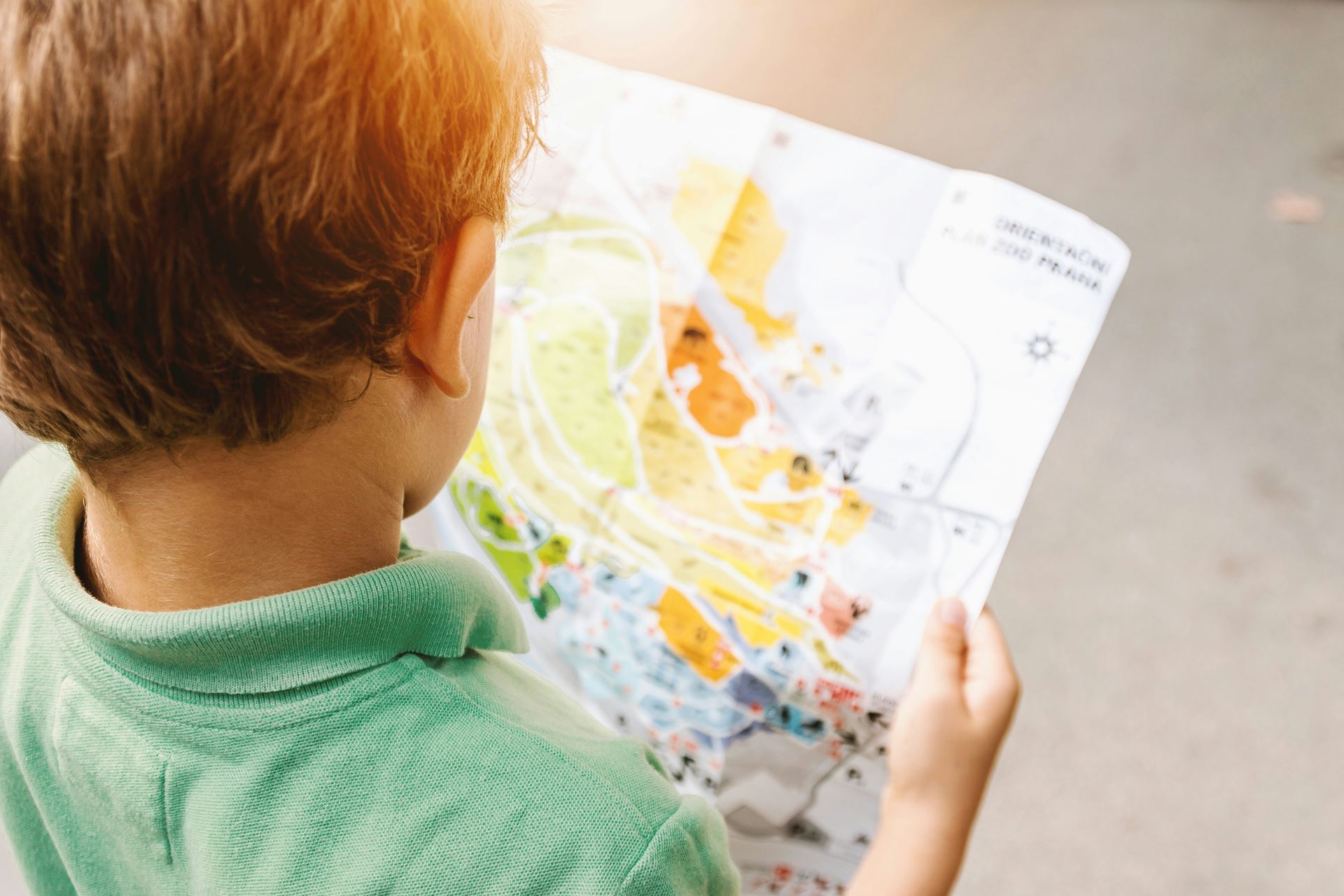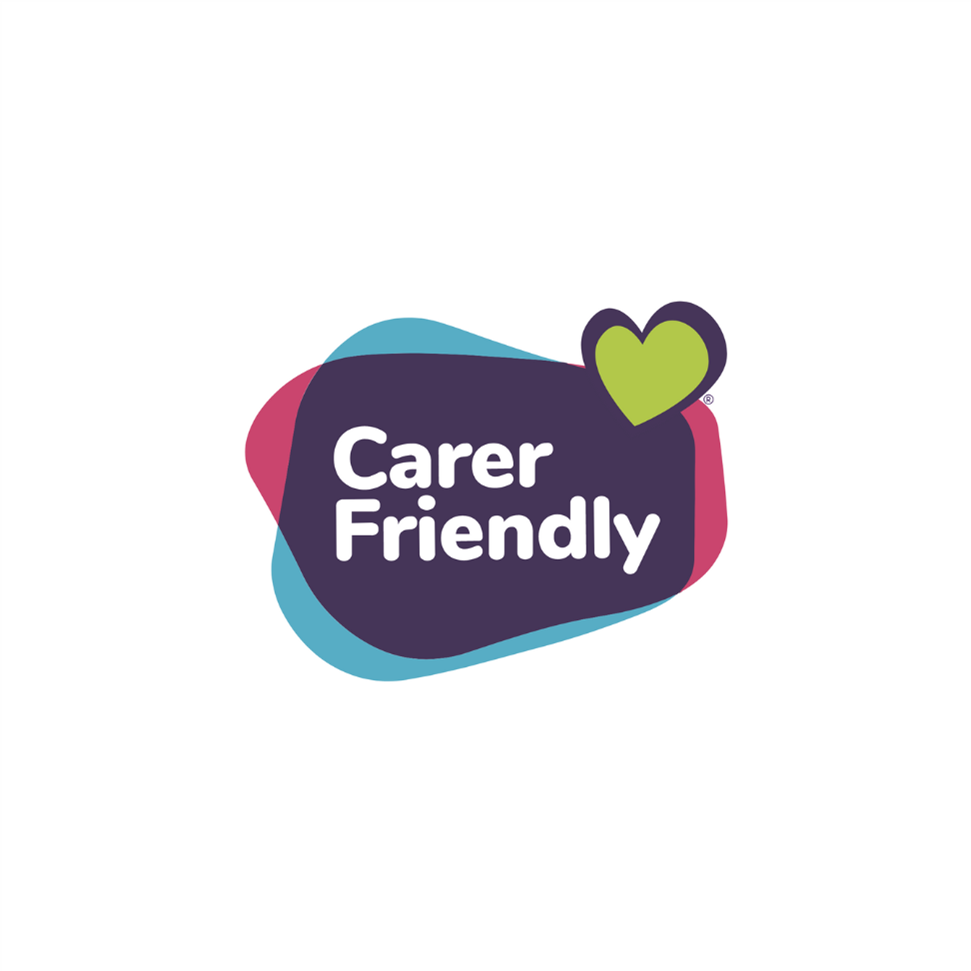Preschool
Explore essential information for preschoolers aged 3 - 5 years, including key developmental milestones, recommended vaccinations, health check-ups, childcare options, and available funding support. Remember, every child grows and develops at their own unique pace. The following information serves as a general guide, so do not worry if your child’s journey looks a little different.
3 years old

Key development stages
Physical development
By the age of 3, your child may demonstrate abilities such as walking on tiptoes when shown, climbing stairs with alternate feet while still using both feet per step when descending, standing on one foot for a second without support, catching a large ball, pedaling a tricycle, and climbing obstacles, furniture, and outdoor play equipment.
Communication
At this age, your child may say their own name, age, and gender, count up to 10, engage in vivid pretend play, interact with other children by taking turns, use pronouns like 'you,' 'me,' and 'I,' understand concepts of sharing and turn-taking, describe scenes in a picture book, and independently put on a coat, jacket, or shirt.
If are worried or concerned about your child’s development please contact your local health visiting team.
Vaccinations
At around 3 years, your child will be offered the following vaccinations:
- Children's flu vaccine (every year until children finish primary school)
3 years and 4 months they will be offered the following vaccinations:
- MMR vaccine (measles, mumps and rubella, 2nd dose)
- 4-in-1 pre-school booster vaccine
For more information about childhood vaccinations, visit the NHS Vaccination Schedule page.
Need support?
If you have concerns outside of your scheduled health visitor appointments, please contact your local health visiting team.
4 years old

Key development stages
Physical development
By the age of 4, your child may be able to walk up and down stairs using alternate feet, pedal a tricycle or a bike with stabilizers, hop and stand on one foot, throw, catch, and kick a ball, climb the rungs of a playground slide ladder and slide down without help, draw a person with a head, arms, and legs, hold and use a fork and spoon independently, undo a coat zipper, and attempt to cut paper with child-safe scissors.
Communication
At this age, your child may know their first and last name, sing several nursery rhymes, enjoy listening to longer stories and telling their own. They may ask many questions, show sympathy to friends who are hurt or upset, play with a small group of children or one other child, follow instructions such as placing an object under or over something, calm themselves down when upset (which may take up to 15 minutes), express their feelings by saying things like "I am happy" or "I am sad,", and sit still to listen to a short story or engage in a preferred activity for 5 to 10 minutes.
If are worried or concerned about your child’s development please contact your local health visiting team.
Vaccinations
At around 4 years, your child will be offered the following vaccinations:
- Children's flu vaccine (every year until children finish primary school)
For more information about childhood vaccinations, visit the NHS Vaccination Schedule page.
Need support?
If you have concerns outside of your scheduled health visitor appointments, please contact your local health visiting team.
5 Years old

Key development stages
Physical development
By the age of 5, children typically develop a range of motor and self-help skills that demonstrate their growing coordination, strength, and independence including, balance and stand on one foot for about 10 seconds, hop, dance, swing and climb, dress and undress themselves, use scissors with supervision, copy 4 to 5 letters of the alphabet
Communication
By age 5, children speak clearly, know their name, address, and age, enjoy stories, have a best friend, use humor and imagination, show independence, recognize sizes, count to 15 with few mistakes, explain feelings, play with friends, focus on activities for 15-20 minutes, express concern for others, and can enter new places with little support.
If are worried or concerned about your child’s development please contact your local health visiting team.
Vaccinations
At around 5 years, your child will be offered the following vaccinations:
- Children's flu vaccine (every year until children finish primary school)
For more information about childhood vaccinations, visit the NHS Vaccination Schedule page.
Need support?
If you have concerns outside of your scheduled health visitor appointments, please contact your local health visiting team.
Childcare Options and Applying for schools

Childcare options and funding
There are a variety of childcare options available for 3 and 4 year olds before starting school, including nurseries, childminders, and preschools. To learn about the different types of childcare and to search for providers near you, visit the Dorset Council Childcare Information page.
There are various government schemes and support options to help fund your childcare choices, including:
- 30 hours free per week for children aged 3 to 4 years.
- Tax-Free Childcare.
- And more.
To find out what you may be eligible for and when to apply, visit the Dorset Council Childcare page.
Applying for primary school
The school application process can be daunting, so if you are not sure where to start, here are a few useful links to get you started on this exciting new journey.
Guide: Applying for a primary school place. A BBC Bitesize guide.
School Admissions information and how to apply for a place.
- You must apply for a primary school place a year before your child can start school. The school starting age is 4.
- Your child will be 3 or have just turned 4 when you apply.
- This is true even if you want your child to start later - you’ll be able to ask for a later start when you apply.
- Applications open in September each year and close on 15 January.
- For more information follow this link on advice on how and when to apply. School admissions: How to apply - GOV.UK
Being physically active every day is important for the healthy growth and development of babies, toddlers and pre-schoolers.
Physical activity guidelines for children (under 5 years) - NHS
Page created: 17 June 2024
